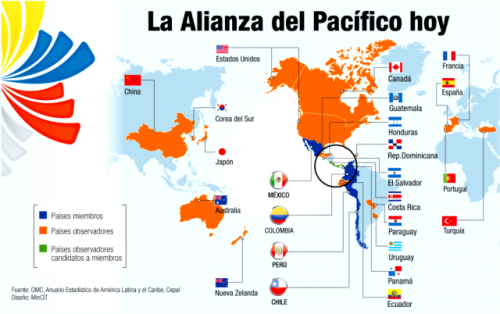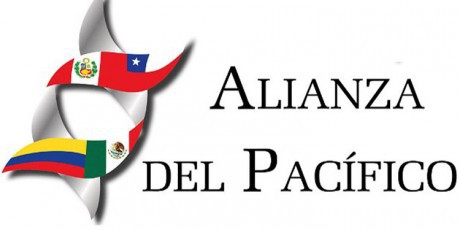por Alfredo Jalife-Rahme
Ex: http://paginatransversal.wordpress.com
Hoy el “nuevo muro” entre Washington y Moscú se recorrió de Berlín a Kiev: al borde de la balcanización entre la parte “occidental” (eurófila) de Ucrania y su parte “oriental” (rusófila), cuando la superestratégica Crimea ha retornado a la “madre patria” rusa.
Después de su sonoro fracaso en Crimea, con su política de asfixiante cerco a Rusia y su pretendido “cambio de régimen” con disfraz “democrático” en Moscú, Zbigniew Brzezinski comenta en Twitter (19/3/14): “Si Occidente apoya, Ucrania libre (sic) puede sobrevivir (sic). Si no lo hace, Putin puede desestabilizar toda Ucrania”.
El fulminante revire del zargeoestratégico global, Vlady Putin, tiene hoy a la parte “oriental” en jaque con su exquisito movimiento de ajedrez en Crimea, que colocó a la defensive a Zbigniew Brzezinski, ex asesor de Seguridad Nacional de Carter, íntimo de Obama y connotado rusófobo, quien tendió la letal trampa jihadista a la URSS en Afganistán que, por sus metástasis, derrumbó el Muro de Berlín y mutiló al imperio soviético.
Los ciudadanos de Estados Unidos y Gran Bretaña no desean más aventuras bélicas en Siria ni en Ucrania, cuando sus multimedia se olvidan de las bravatas atómicas de John McCain, quien goza la menor aceptación como senador, y explotan una amenaza de Dmitry Kiselyov, presentador de la televisión Rossiya-1, quien espetó que Rusia podría “convertir a Estados Unidos en ceniza radiactiva”(http://news.yahoo.com/state-tv-says-russia-could-turn-us-radioactive-212003397.html ).
Sí existen líneas rojas, no sólo de Estados Unidos, sino también de Rusia, lo cual es susceptible de desembocar en una guerra nuclear de “destrucción mutua asegurada” (MAD, por sus siglas en inglés), cuando las “cenizas radiactivas” serían “mutuas”.
Un editorial del rotativo chino Global Times (http://www.globaltimes.cn/NEWS/tabid/99/ID/849399/Putin-faces-war-of-attrition-with-West.aspx) comenta que las sanciones, de corte sado-masoquista, para lastimar la economía de Rusia, “señalarán el grado de determinación de Occidente para contener a Rusia”, cuando Putin”ha mostrado su dedicación para asegurar los intereses de Rusia, que han impresionado al mundo entero (sic)”.
El rotativo considera que Obama no ha tomado aún “una decisión final en la forma de contener a Rusia estratégicamente”, cuando “Putin despedazó las ofensivas (¡supersic!) de Occidente en el este de Europa, que empezaron al final de la guerra fría”.
Hoy “el límite estratégico entre Rusia y Occidente está siendo redefinido”: Rusia, “estrangulada durante un largo periodo, ha acumulado demasiada fuerza para lanzar una contraofensiva” y puede “enfrentar una guerra de desgaste con Occidente”.
El rotativo chino tampoco se hace ilusiones y sentencia que “la fuerza de Rusia es limitada (¡supersic!). Ni tiene la fuerza nacional de la anterior URSS ni la ayuda del Pacto de Varsovia. Si Occidente está determinado a emprender una confrontación prolongada (sic) con Moscú, Rusia sufrirá desafíos sin precedente”. Sin duda. Pero es mucho mejor que el “cambio de régimen” preprogramado de Estados Unidos en Moscú.
Su pronóstico es adverso: las”sanciones económicas desembocarán en una situación perder-perder. Occidente compartirá el peso de las pérdidas económicas, mientras Rusia estará sola” (¡supersic!), cuando “la estabilidad de Rusia no está garantizada”.
Por lo pronto, “Moscú le ha dado a Occidente y a sus seguidores una lección, obligándolo a reconsiderar el papel de Ucrania en Europa” y aconseja que “Putin debe dejar algún espacio para que Occidente se retire en una manera elegante, lo cual maximizará los intereses de Rusia”. De acuerdo.
El editorial chino arguye que”Occidente se percató que ha perdido la batalla por Crimea”, que “puede ser una victoria para Moscú o el inicio de una confrontación sin fin entre Rusia y Occidente”.
Juzga que a Putin le conviene”mantener el pleito en baja (sic) intensidad, que se acomode a los intereses de largo plazo de Rusia”.
El editorial no se jacta que el gran triunfador resultó China (a mi juicio, junto a Irán e India), lo cual expresa sin tapujos el investigador geoestratégico Artyom Lukin: “el triunfador en Ucrania… es China” (http://www.fpri.org/articles/2014/03/ukraine-and-winner-china ).
Juzga que las sanciones de Occidente contra Rusia “empujarán inevitablemente a Moscú a los brazos de Pekín”, lo cual “incrementará la probabilidad de que sus políticas se alineen frente a Occidente”, lo cual, a su vez, “reforzará las posiciones estratégicas de China en Asia”.
China “se sentirá más confiada en su rivalidad con Estados Unidos para su primacía en la región Asia/Pacífico, después de haber adquirido a Rusia como una zona estratégica segura en su espalda, así como un acceso privilegiado a su abundante energía, a su base de minerales y a sus tecnología militar avanzada”, a juicio de Artyom Lukin, en la visita de Putin a China en mayo “será muy visible cuando los eventos de Ucrania ayudarían a concretar el proyectado gasoducto de Rusia a China”.
No soslaya que los comentarios de la prensa oficial china son “simpáticos a Moscú”, al enfatizar la”determinación de Putin para proteger los intereses de Rusia y los ciudadanos rusófilos”, mientras los ciudadanos chinos expresan su admiración (¡supersic!) por Putin y su desafío a Occidente en portales como Weibo.
Artyom Lukin aduce que existe una”probabilidad cero (sic) para que Pekín apoye cualquier castigo político y económico en contra de Moscú”: algo así como una “neutralidad benevolente” de China con el Kremlin.
Cita a “algunos estrategas de Estados Unidos quienes lamentan que una presión excesiva (¡supersic!) de Occidente puede alterar el equilibrio geopolítico al empujar a Rusia más cerca de China”.
Artyom Lukin arguye que ahora Estados Unidos se encuentra en una posición delicada para confrontar a dos grandes potencias en Eurasia en forma simultánea y “tendrá que decidir cuál región es más importante a sus intereses: la Europa oriental post soviética (cuyo corazón es Ucrania) o Asia oriental”.
Considera que una batalla sin compromisos en Ucrania oriental de Estados Unidos contra Rusia, “en 10 o 15 años puede significar la pérdida de Asia oriental”.
Concluye en forma optimista que la “presente situación en Ucrania no resultará en una guerra, pero puede convertirse en un paso mayor hacia la transformación del orden internacional a una bipolaridad confrontativa” entre “Occidente, encabezado por Estados Unidos, frente al eje China/Rusia”, lo cual se subsume en mi tesis del “G-7 frente a los BRICS” (ver Bajo la Lupa, 16/3/14): el nuevo “muro de Kiev” de la bipolaridad metarregional.
Si no malinterpreto a Artyom Lukin, Rusia exhorta a Occidente a la cesión de “Ucrania oriental” a cambio de no arrojarse a los brazos de China y, por extensión, a los BRICS e Irán.
Mientras Michelle Obama llega con sus hijas a una visita de siete días a Pekín, por invitación de la esposa del <mandarín Xi, no hay que soslayar la búsqueda de Zbigniew Brzezinski de un acercamiento de Estados Unidos con China para castigar a Rusia, como sucedió con Nixon hace 43 años.
Entramos a la “teoría de juegos”, con tres rivales geoestratégicos, de característica no lineal hipercompleja.
Obama se encuentra ante el shakespeariano dilema geoestratégico de su vida: ¿quién será el máximo competidor geopolítico de Estados Unidos: Rusia o China, o los dos?
Twitter: @AlfredoJalife
Facebook: AlfredoJalife



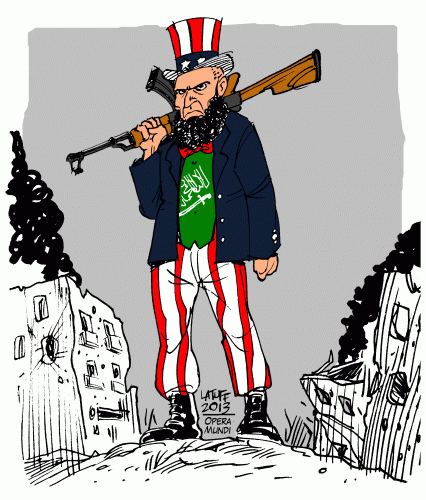

 del.icio.us
del.icio.us
 Digg
Digg
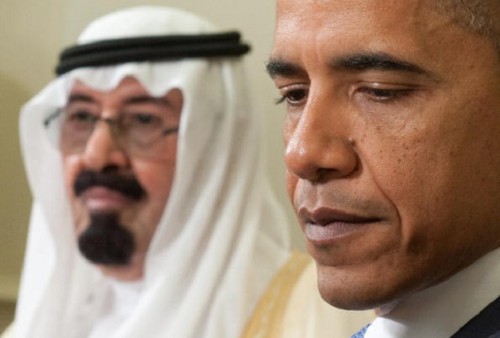
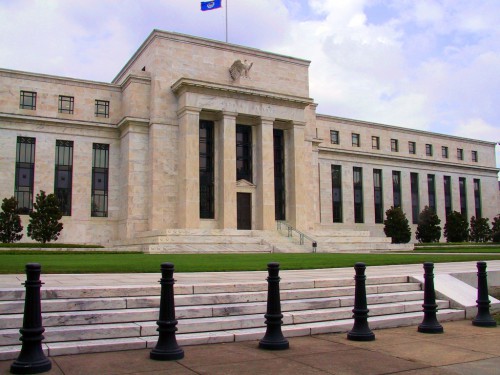
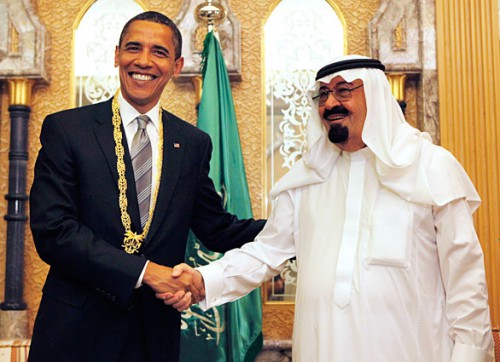
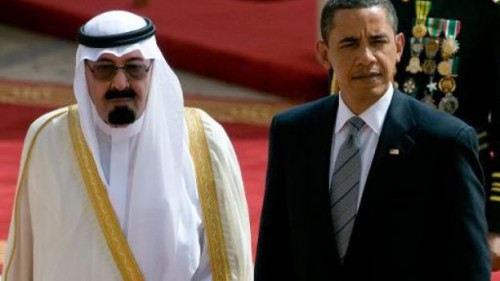
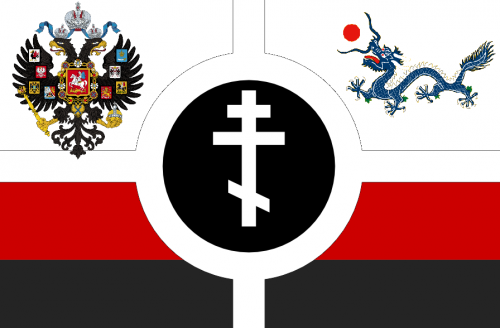
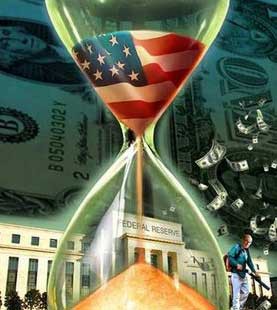
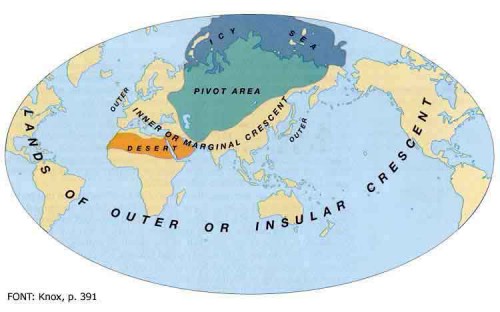
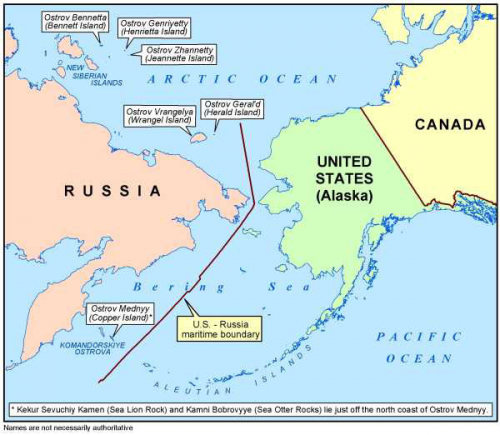



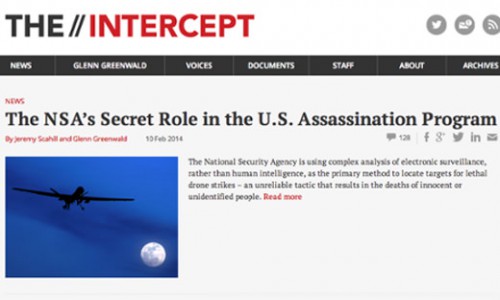


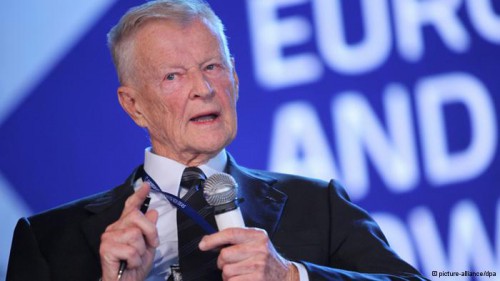

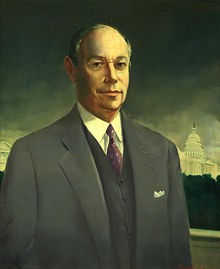
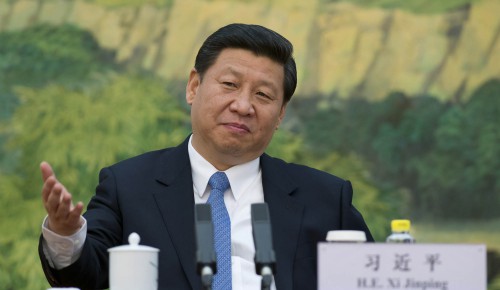
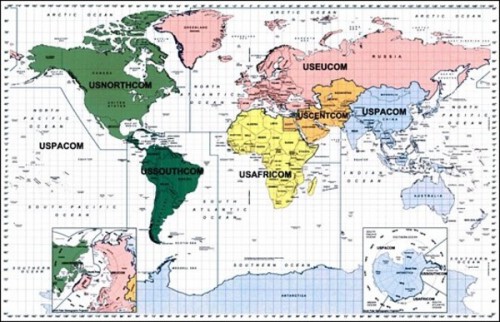

 Bien entendu, aucun des médias français de grande diffusion n’a jugé utile d’en informer les Français, alors qu’ils sont si prompts, dans le sens inverse, à faire constamment état de la situation des droits de l’Homme en Chine.C’est à mon avis une raison supplémentaire pour porter attention à ce document.
Bien entendu, aucun des médias français de grande diffusion n’a jugé utile d’en informer les Français, alors qu’ils sont si prompts, dans le sens inverse, à faire constamment état de la situation des droits de l’Homme en Chine.C’est à mon avis une raison supplémentaire pour porter attention à ce document.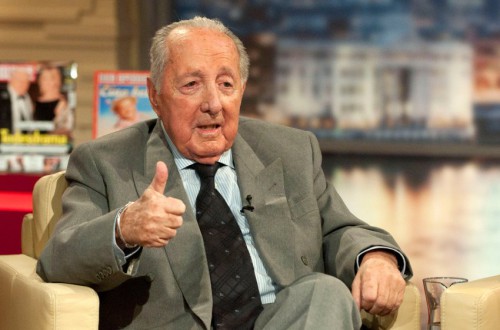
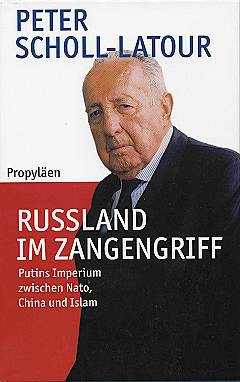 PSL: Les Américains commencent, petit à petit, à reconnaître le danger que représente l’islamisme, sujet principal de la politique américaine, en dépit de la montée en puissance de la Chine. Ils savent aussi que l’islamisme est bien présent en Russie aussi. Les observateurs internationaux sont conscients de cette menace parce que les peuples musulmans du Caucase ont constitué récemment des facteurs de turbulences voire des facteurs nettement belligènes. Je ne pense pas tant à la Tchétchénie aujourd’hui mais plutôt au Daghestan. Les Russes se sentent très menacés par le fondamentalisme islamique, facteur qui n’existait pas auparavant. Lorsque je visitais l’Asie centrale en 1958, le fondamentalisme n’était pas un sujet de discussion mais, entretemps, les choses ont changé par l’attitude prise par les dirigeants locaux, tous jadis hauts fonctionnaires du PCUS comme Nazarbaïev au Kazakstan. En un tourne-main, tous ces dirigeants communistes se sont mués en despotes orientaux mais ils doivent agir sous la pression de forces radicales islamistes, surtout en Ouzbékistan.
PSL: Les Américains commencent, petit à petit, à reconnaître le danger que représente l’islamisme, sujet principal de la politique américaine, en dépit de la montée en puissance de la Chine. Ils savent aussi que l’islamisme est bien présent en Russie aussi. Les observateurs internationaux sont conscients de cette menace parce que les peuples musulmans du Caucase ont constitué récemment des facteurs de turbulences voire des facteurs nettement belligènes. Je ne pense pas tant à la Tchétchénie aujourd’hui mais plutôt au Daghestan. Les Russes se sentent très menacés par le fondamentalisme islamique, facteur qui n’existait pas auparavant. Lorsque je visitais l’Asie centrale en 1958, le fondamentalisme n’était pas un sujet de discussion mais, entretemps, les choses ont changé par l’attitude prise par les dirigeants locaux, tous jadis hauts fonctionnaires du PCUS comme Nazarbaïev au Kazakstan. En un tourne-main, tous ces dirigeants communistes se sont mués en despotes orientaux mais ils doivent agir sous la pression de forces radicales islamistes, surtout en Ouzbékistan. 
